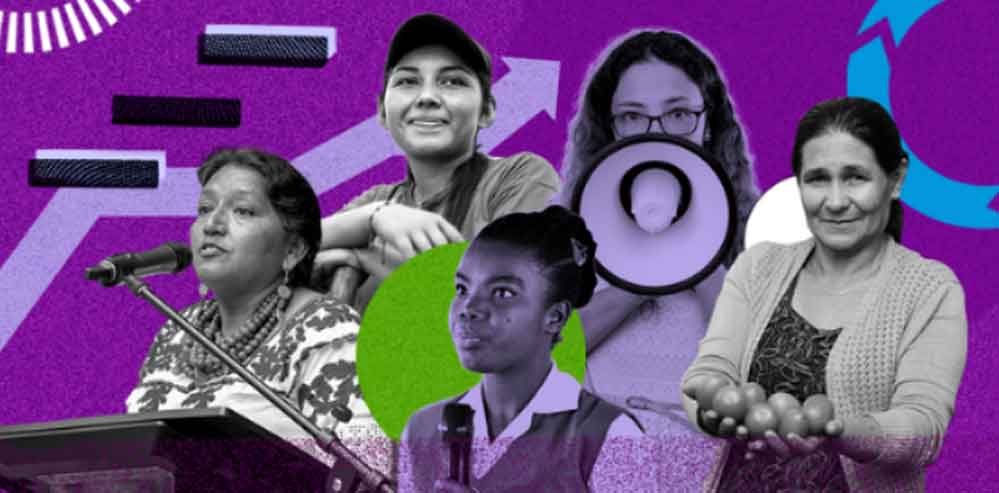In the month that International Women’s Day was celebrated, UN-Women predicted that by 2030 a quarter of women will suffer moderate or severe food insecurity, hence the need to reduce gender gaps in agri-food systems, which would boost the global Gross Domestic Product by almost one trillion dollars.
In this regard, the Food and Agriculture Organization of the United Nations (FAO) warned that the existing gender disparity is most evident in rural areas with limited access to agricultural assets and inputs and wages up to 18.4% less than men in this type of employment.
In FAO’s view, agri-food systems are an important source of income for women in many countries, and essential for global, regional, and national food security. In the case of Sub-Saharan Africa, they provide work for 66%, while in South Asia 71%.
However, existing inequalities due to discriminatory social norms increase women’s vulnerability to hunger and poverty. In 2022, some 388 million women were living in extreme poverty, and 27.8% of them were severely or moderately food insecure.
jrr/arm/oda/tdd









